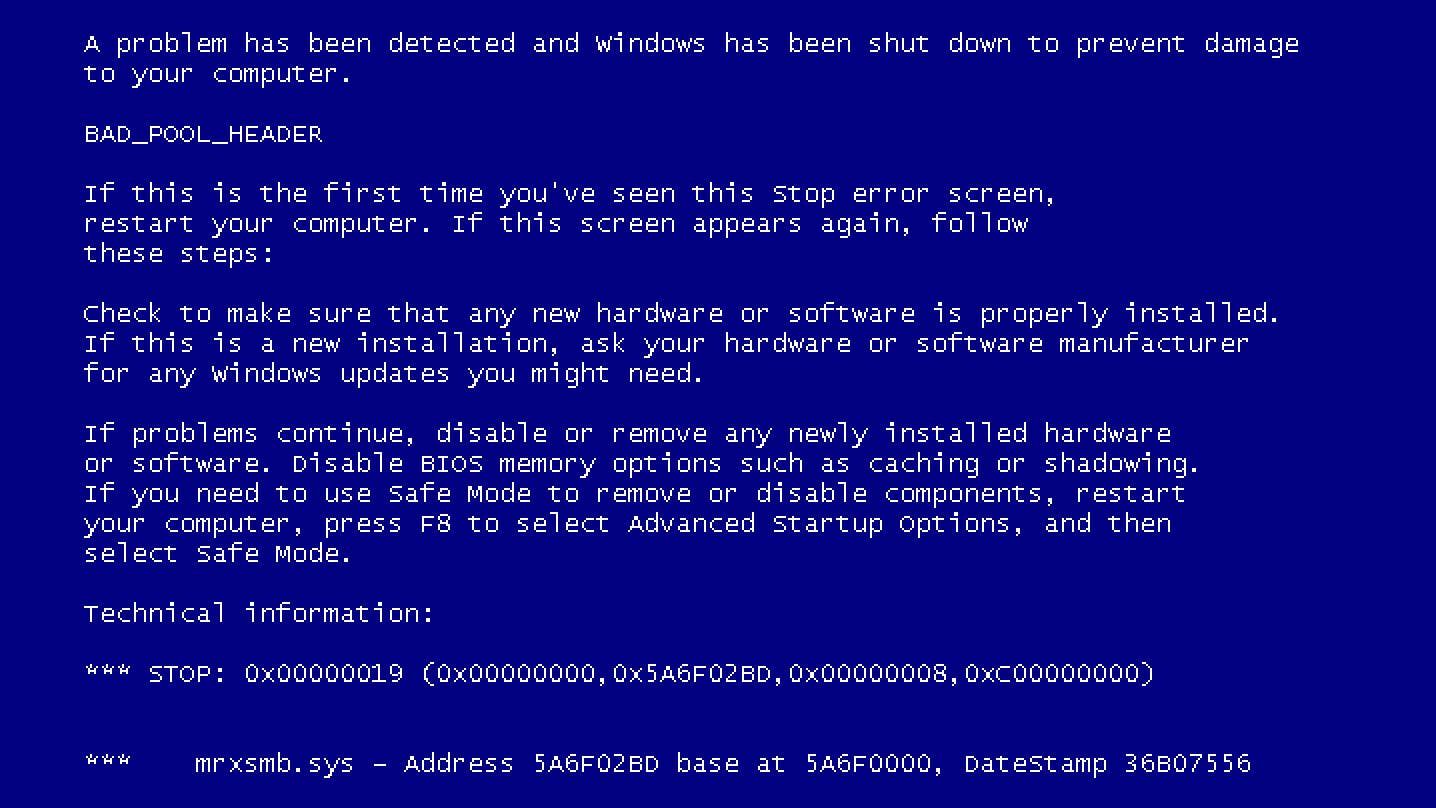Why You Should Use function_exists in Your PHP Helpers
In Laravel projects or any large scale PHP application it's common to create helper files that contain reusable functions. These helpers make your code cleaner and more efficient. But there's a common issue, defining the same function more than once will cause a Fatal error.. What's the problem? If the same function is declared twice, PHP will throw an error like this: Fatal error: Cannot redeclare function_name() This often happens because of: Repeated includes: You might accidentally load the same helper file more than once (manually or via different service providers). Package conflicts: A package you install might define a helper function with the same name as yours. The safe solution To prevent this issue, wrap your helper functions like this: if (!function_exists('sayHello')) { function sayHello() { return 'Hello!'; } } This way, if the function already exists, PHP will skip redefining it, and your app will keep running smoothly. In Laravel projects Even with Laravel’s powerful autoloading and service container, this pattern is essential. It keeps your project safe from unexpected conflicts and ensures maximum compatibility especially when working with custom helpers or external packages. Summary: Always wrap your helper functions with function_exists It’s a small thing that can save you from big problems.

In Laravel projects or any large scale PHP application it's common to create helper files that contain reusable functions. These helpers make your code cleaner and more efficient.
But there's a common issue, defining the same function more than once will cause a Fatal error..
What's the problem?
If the same function is declared twice, PHP will throw an error like this:
Fatal error: Cannot redeclare function_name()
This often happens because of:
Repeated includes:
You might accidentally load the same helper file more than once (manually or via different service providers).Package conflicts:
A package you install might define a helper function with the same name as yours.
The safe solution
To prevent this issue, wrap your helper functions like this:
if (!function_exists('sayHello')) {
function sayHello() {
return 'Hello!';
}
}
This way, if the function already exists, PHP will skip redefining it, and your app will keep running smoothly.
In Laravel projects
Even with Laravel’s powerful autoloading and service container, this pattern is essential. It keeps your project safe from unexpected conflicts and ensures maximum compatibility especially when working with custom helpers or external packages.
Summary:
Always wrap your helper functions with function_exists
It’s a small thing that can save you from big problems.










































































































































































![[The AI Show Episode 156]: AI Answers - Data Privacy, AI Roadmaps, Regulated Industries, Selling AI to the C-Suite & Change Management](https://www.marketingaiinstitute.com/hubfs/ep%20156%20cover.png)
![[The AI Show Episode 155]: The New Jobs AI Will Create, Amazon CEO: AI Will Cut Jobs, Your Brain on ChatGPT, Possible OpenAI-Microsoft Breakup & Veo 3 IP Issues](https://www.marketingaiinstitute.com/hubfs/ep%20155%20cover.png)
















































































































































































































































.jpg?width=1920&height=1920&fit=bounds&quality=70&format=jpg&auto=webp#)
























_Michael_Burrell_Alamy.jpg?width=1280&auto=webp&quality=80&disable=upscale#)





























































































































































































